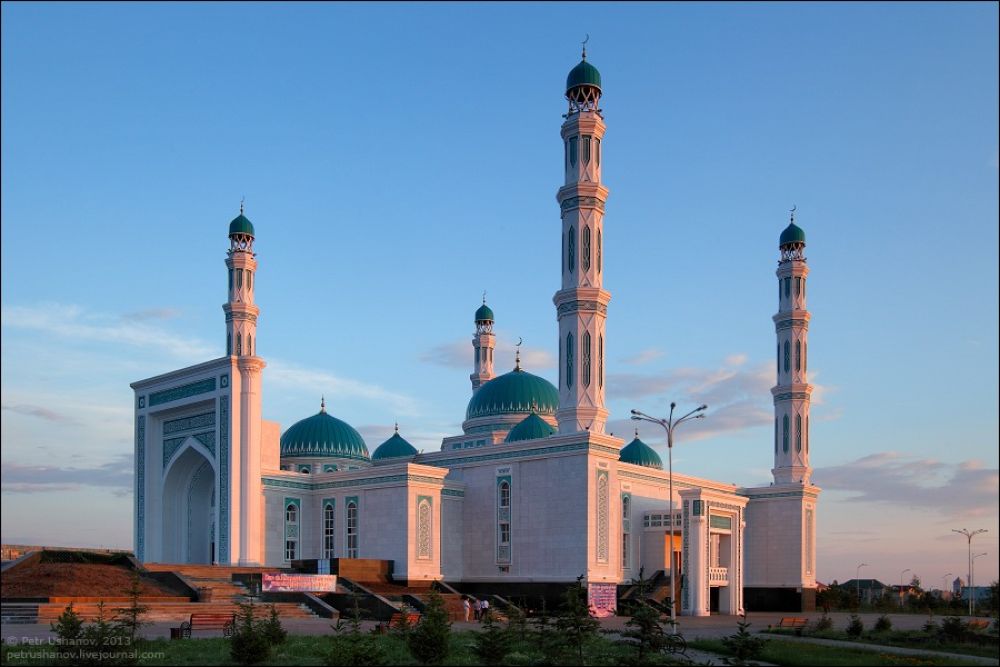

Located in the heartland of Kazakhstan, the city of Karaganda has had a unique and evolving relationship with tourism. With its origins deeply intertwined with the coal industry, the city's initial visitors were not tourists but miners and industrial workers who came for employment from different parts of the Soviet Union.
The history of tourism in Karaganda is a relatively modern chapter, beginning in earnest during the late Soviet era. While Karaganda was never a traditional tourist hotspot, its industrial might and the presence of significant cultural and historical sites began to attract the interest of domestic travelers and a few foreign visitors interested in Soviet history.
With the dissolution of the USSR, independent Kazakhstan began promoting its diverse cultural heritage and natural beauty to a broader audience. Karaganda, as an important regional center, slowly started to draw the attention of a niche set of tourists. The improvement of infrastructure, creation of English-language guided tours, and promotion of local history, especially as it related to the city's role in the Soviet Gulag system, also contributed to its emergence on the tourism map.
In recent years, Karaganda has seen a spike in interest due to its geographical proximity to Baikonur Cosmodrome, the world-renowned spaceport. The development of space tourism and related educational travel has led to increased global interest in the region.
Another significant aspect of Karaganda's appeal is its memory as a site of political repression during the Soviet era, which has been meticulously preserved and presented at the KarLag museum, a former labor camp now serving as a poignant reminder of Kazakhstan's dark past. It is drawing visitors interested in history and human rights.
Today, the government's sustained efforts in marketing the natural and cultural wonders of Kazakhstan are promoting Karaganda as part of the broader tourism experience. The city is gradually establishing itself as a center for ecotourism, with the vast Kazakh steppes offering unique opportunities for adventure tourism, bird watching, and the exploration of a tremendous yet sensitive ecosystem.
Moreover, the city is increasingly featuring in regional travel itineraries that highlight the local historical architecture, the arts, and the blend of cultures that characterize modern-day Kazakhstan.
The future for tourism in Karaganda looks promising as Kazakhstan continues to invest in its travel industry's infrastructure and marketing. The city's legacy as a crossroads of culture and history ensures that it will remain an integral part of Kazakhstan's expanding tourism narrative.